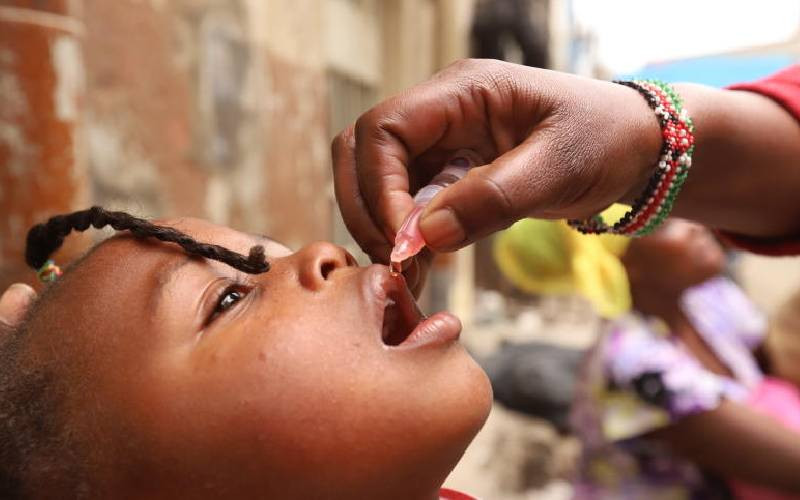×
The Standard e-Paper
Join Thousands Daily

Vaccines play an important role in preventing illness and deaths. However, around one fifth of children in Africa do not receive all the necessary vaccines.
As a result, more than 30 million children on the continent under five years of age still suffer from vaccine-preventable diseases (VPDs), and over half a million children die from VPDs annually - representing approximately 58 per cent VPD-related deaths worldwide.